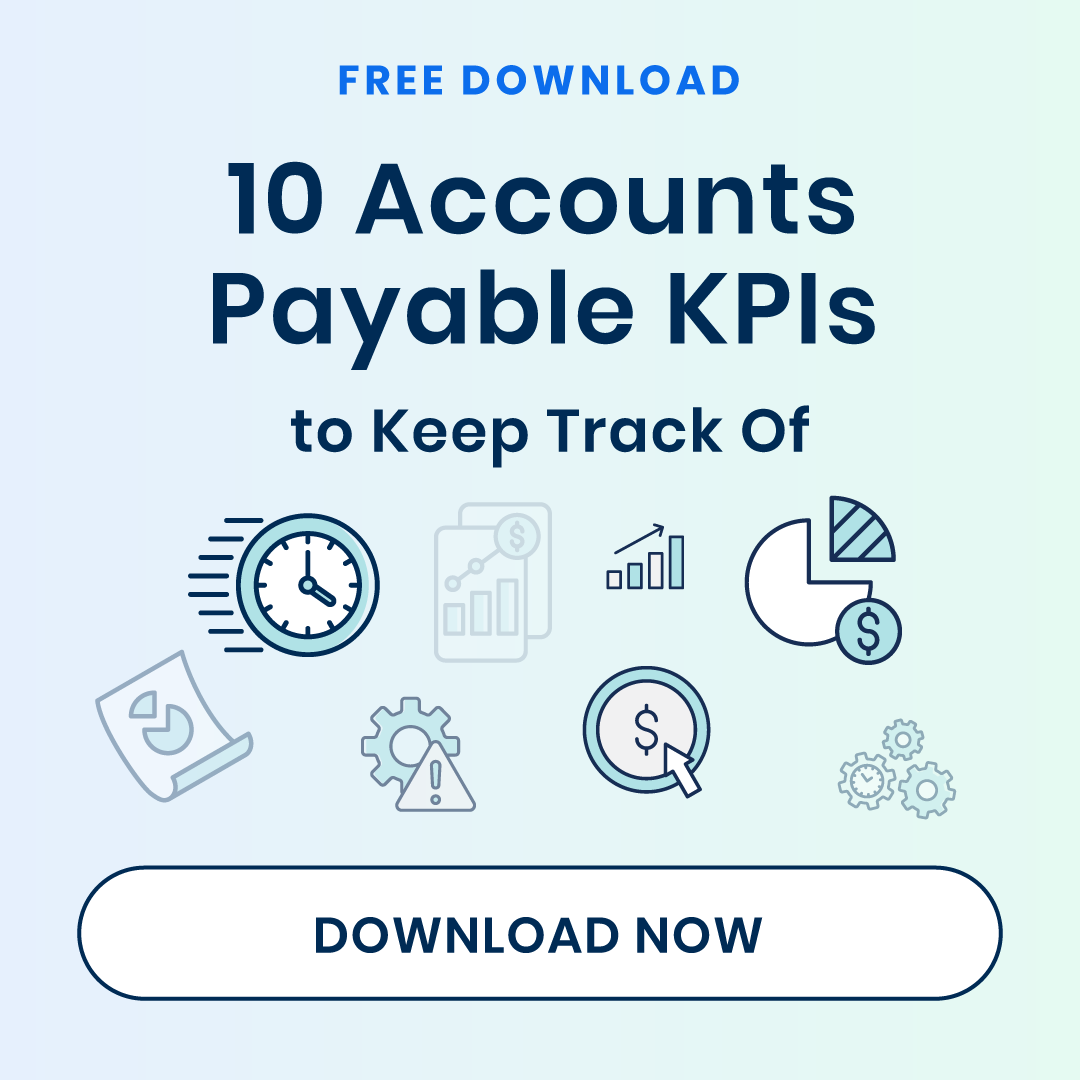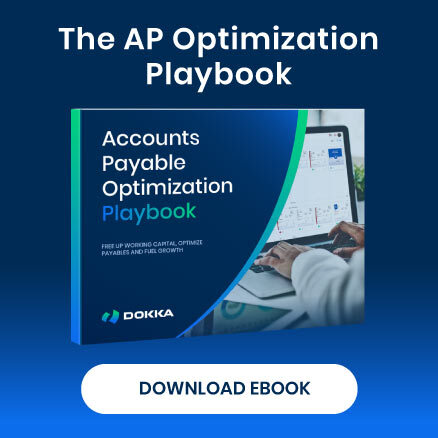In recent years, financial close software has transitioned from a “nice to have” to a “must have” piece of the tech stack in finance teams of all sizes.
FloQast stands out in the market as a popular choice for finance teams looking to streamline their close processes.
One of the first questions potential users ask is, “How much does FloQast cost?”. Let’s break it down.
Quick Overview of FloQast Pricing
FloQast operates on a subscription-based pricing model, with costs typically varying based on company size, number of users, and the specific needs of the team. Floqast does not provide a publicly available pricing sheet.
For companies looking for a more cost-effective alternative with a faster setup, DOKKA Close offers a more compelling solution—especially for finance teams aiming for true, end-to-end process automation.
FloQast Pricing Breakdown
To better understand FloQast’s pricing, it’s helpful to break down the key components that influence its overall cost:
FloQast offers a range of solutions designed to support accounting teams in closing the books faster and with greater accuracy. Its key solutions include:
- Close Management: Assists in managing the close process through workflow and task tracking.
- Account Reconciliation: Ensures account accuracy by automating reconciliations and eliminating manual errors.
- Flux Analysis: Tracks and explains account fluctuations to streamline variance analysis.
- Audit Readiness: Centralizes documents and ensures audit trail compliance to ease the burden of audits.
Each of these solutions can be bundled, customized, or used individually based on the needs of the finance team, with the overall price scaling accordingly.
FloQast Pricing Models
FloQast follows a subscription-based pricing model that typically requires an annual commitment. The model is structured around the following considerations:
- Subscription Tiers: FloQast pricing varies by tier, with larger organizations or those needing more complex functionalities generally paying a higher rate. Exact tiers and rates are typically shared during a custom quote.
- Customizable Options: FloQast offers some flexibility in bundling specific solutions or adding features, allowing companies to pay for the functionality they need while avoiding excess costs.
Custom Pricing
FloQast’s pricing is customized for each client, considering factors such as:
- Company Size: Larger companies with more complex financial structures may require a higher level of support and integrations, which can increase costs.
- Number of Users: The subscription cost is influenced by the number of licensed users, with larger teams requiring a greater number of licenses.
- Additional Support or Add-Ons: FloQast offers optional add-ons, such as advanced training sessions or dedicated support, which can be added to the base package for an additional fee.
- Training and Implementation Services: FloQast provides onboarding and training to help finance teams transition smoothly, but these services may carry additional fees.
Overall, the tailored pricing approach is intended to provide flexibility but often comes with a higher cost for organizations needing comprehensive solutions.
FloQast Alternatives
For companies exploring options outside of FloQast, there are a variety of financial close solutions available on the market.
Some specialize in workflow management (such as Floqast), while others (Blackline, OneStream, Trintech) offer true, robust automation, albeit at a much higher price point with longer implementation times.
Among these alternatives, DOKKA Close is notable for bringing automation to finance teams looking for robust close automation without breaking the bank.
Feature Comparison
Comparing FloQast and DOKKA highlights some notable differences in feature sets, particularly in terms of user experience and ease of customization.
- FloQast: Known for its robust features, FloQast’s platform is comprehensive, covering close management, reconciliation, flux analysis, and audit readiness. However, according to this one Reddit thread – Floqast might focus more on task management rather than actual process automation.
- DOKKA: The only platform that brings proprietary AI-powered financial close automation to smaller finance teams. In addition to that, it is the only solution that unifies accounts payable and financial close automation inside one solution.
Choosing the Right Financial Close Automation Solution
Selecting the best financial close automation tool requires careful consideration of a company’s specific needs, budget, and team size. While pricing is an essential factor, it’s equally important to assess how well each solution aligns with existing workflows and long-term goals.
DOKKA is positioned as an optimal choice for small to mid-sized finance teams looking for a blend of functionality and affordability.
Its platform is tailored to meet the needs of smaller teams without the extensive costs or complex onboarding associated with some larger-scale solutions. Key features that make DOKKA a strong contender include:
- Quick Implementation: DOKKA’s straightforward setup process allows teams to start using the software in a matter of weeks, reducing downtime and associated costs.
- AP + Close Automation in One Platform: Financial controllers know how important data integrity is. With DOKKA, you can sync your AP and financial close processes within a single platform, reducing duplication and accelerating closing cycles.
- Cost-Effectiveness: For teams seeking advanced features without the enterprise price, DOKKA provides a viable alternative that doesn’t compromise on quality or functionality.
Key Takeaway: Finding the Right Balance
While FloQast remains a well-established choice for financial close automation, its pricing and features may not be an ideal choice for every team—especially those with smaller budgets who are in desperate need of automation.
Alternatives like DOKKA Close offer a cost-effective solution tailored to meet the needs of smaller finance teams, with the added benefits of fast setup, intuitive features, and robust AI-powered automation.
Disclaimer:
All information presented about third-party products, pricing, or features is based on publicly available sources at the time of writing and is intended for general informational purposes only. DOKKA makes no representations or warranties regarding the accuracy, completeness, or currentness of competitor data. All trademarks and brand names are the property of their respective owners.
We encourage readers to verify details with the respective vendors before making any purchasing decisions.




